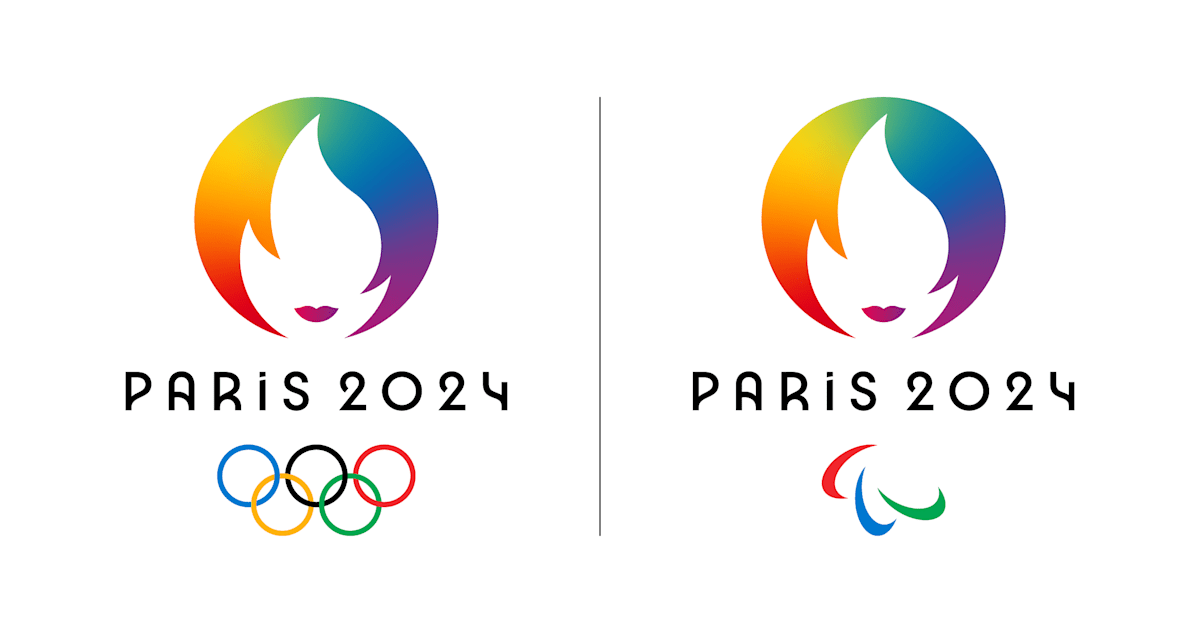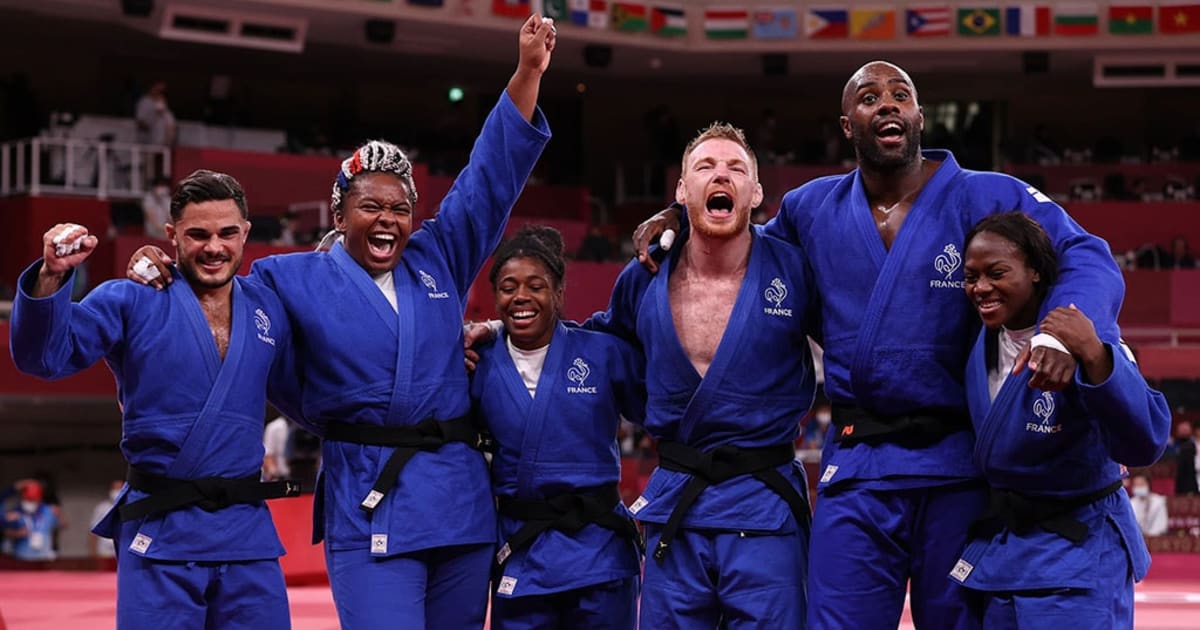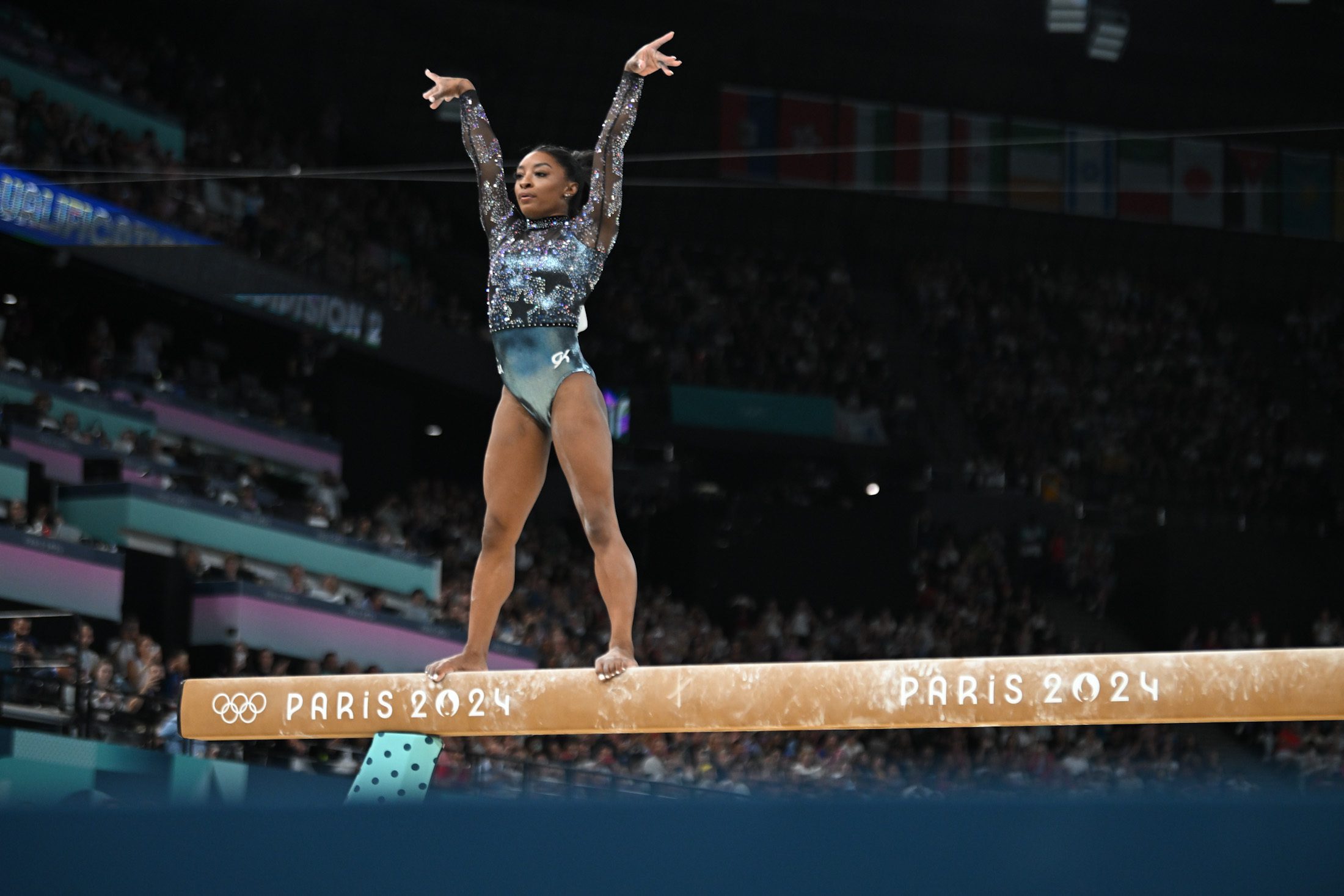
Gender equality in sports has gained significant attention in recent years, with milestones being reached, especially during the Paris 2024 Olympic Games. This event marked a historic achievement with full gender parity, representing both progress and the ongoing work required to address systemic inequalities.
Milestone Achievements in Gender Equality

The Paris 2024 Olympics will be recognized as the first Olympic Games in history to achieve numerical gender parity, with an equal number of female and male athletes participating. This remarkable milestone will see 5,250 athletes from each gender competing across all 32 sports, highlighting a significant shift since the first Olympics in 1896, when women were largely excluded from participation[2][6][11]. IOC President Thomas Bach referred to this as “one of the most important moments in the history of women at the Olympic Games and in sport overall”[9].
Previously seen as a male-dominated arena, sports have started to embrace a model that promotes equality on and off the field. Paris 2024 is part of a longer trajectory that includes women first competing in the Games in 1900, gradually increasing their representation to 44% by the 2012 London Games[9]. The journey reflects a commitment not just to participation but to substantive representation across all facets of the sports world.
Changes in Representation and Policy

The significance of female representation extends beyond simply participating in events. The International Olympic Committee (IOC) has undertaken various initiatives to boost female involvement in coaching, governance, and media roles. Current statistics indicate that women make up 42.3% of the IOC membership, up from 21% in 2013, and 46.7% of the IOC Executive Board[5][11]. These changes aim to dismantle the systemic barriers that have historically limited opportunities for women in sports.
The IOC's updated policies have made efforts to create environments that accommodate competing mothers, furthers inclusion initiatives for disabled athletes, and initiatives aimed at creating safer, harassment-free spaces for all participants[6][7]. For instance, the introduction of a nursery in the Olympic Village at Paris 2024 is a notable step towards supporting athlete-mothers, allowing them to better balance their parenting and athletic commitments[2][6].
Media Representation and Visibility

Another crucial aspect of gender equality in sports is media representation. The historical sidelining of women's sports coverage contributes to reinforcing stereotypes and limiting visibility. The Paris 2024 Games set a precedent by emphasizing gender-equitable media portrayals and event scheduling, ensuring that women's events receive prime-time coverage. This strategy is vital for reshaping public perceptions and encouraging future generations to engage in sports[5][11]. The IOC has established guidelines aimed at ensuring fair representation across all media platforms, stressing gender-equal coverage to challenge and change patriarchal narratives in the sports media landscape[9].
Ongoing Challenges and Future Directions

Despite these advancements, numerous challenges remain. For example, while athlete participation has reached gender parity, leadership roles in sports still show significant gender gaps. In the context of the 2020 Tokyo Olympics, only 13% of coaches were women, pointing to a persistent need for more female representation in decision-making roles within sports organizations[9][10]. Furthermore, there is still work to be done regarding pay equity, as women continue to face disparities in financial support and prize money in various sports[7][11].
While the 2024 Olympics symbolize a leap towards gender equality, this moment should be seen as a stepping stone rather than a conclusion. Future initiatives must strive for systemic changes, including addressing cultural biases, promoting women's rights in sports, and fortifying support structures for athletes[8][11]. Continued efforts from organizations such as UN Women and the IOC to educate and promote gender equality in sports signal a robust commitment to fostering inclusive environments where all athletes can compete and thrive equally[9].
Conclusion
In conclusion, gender equality in sports today is a dynamic and multifaceted topic that encompasses participation, representation, media portrayal, and the policy landscape. The Paris 2024 Olympics exemplify the strides made toward achieving this equality and serve as a vital platform for inspiring change across the global sports community. The collaborative efforts of the IOC, national committees, and international federations have laid a foundation for ongoing progress, yet much remains to be accomplished to ensure true equality in opportunities and resources in sports worldwide.
Get more accurate answers with Super Pandi, upload files, personalized discovery feed, save searches and contribute to the PandiPedia.
Let's look at alternatives:
- Modify the query.
- Start a new thread.
- Remove sources (if manually added).